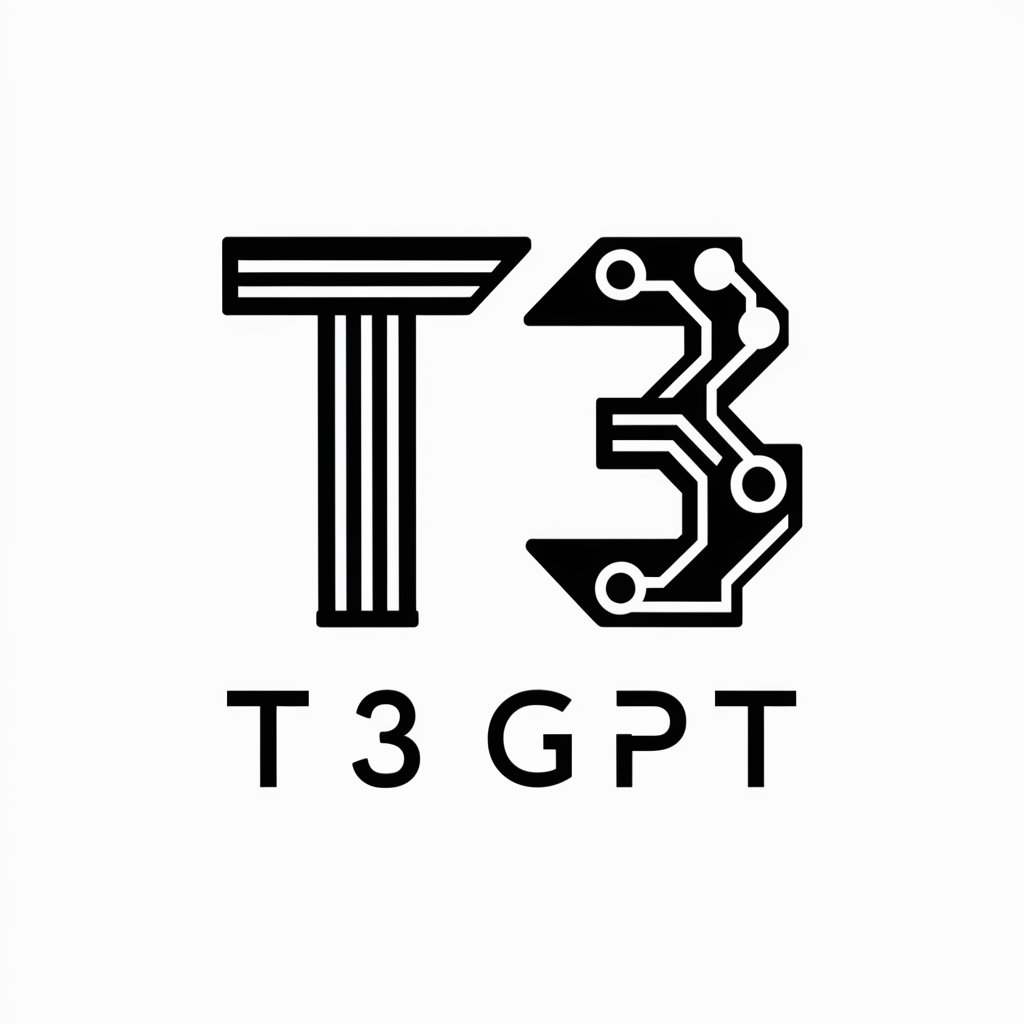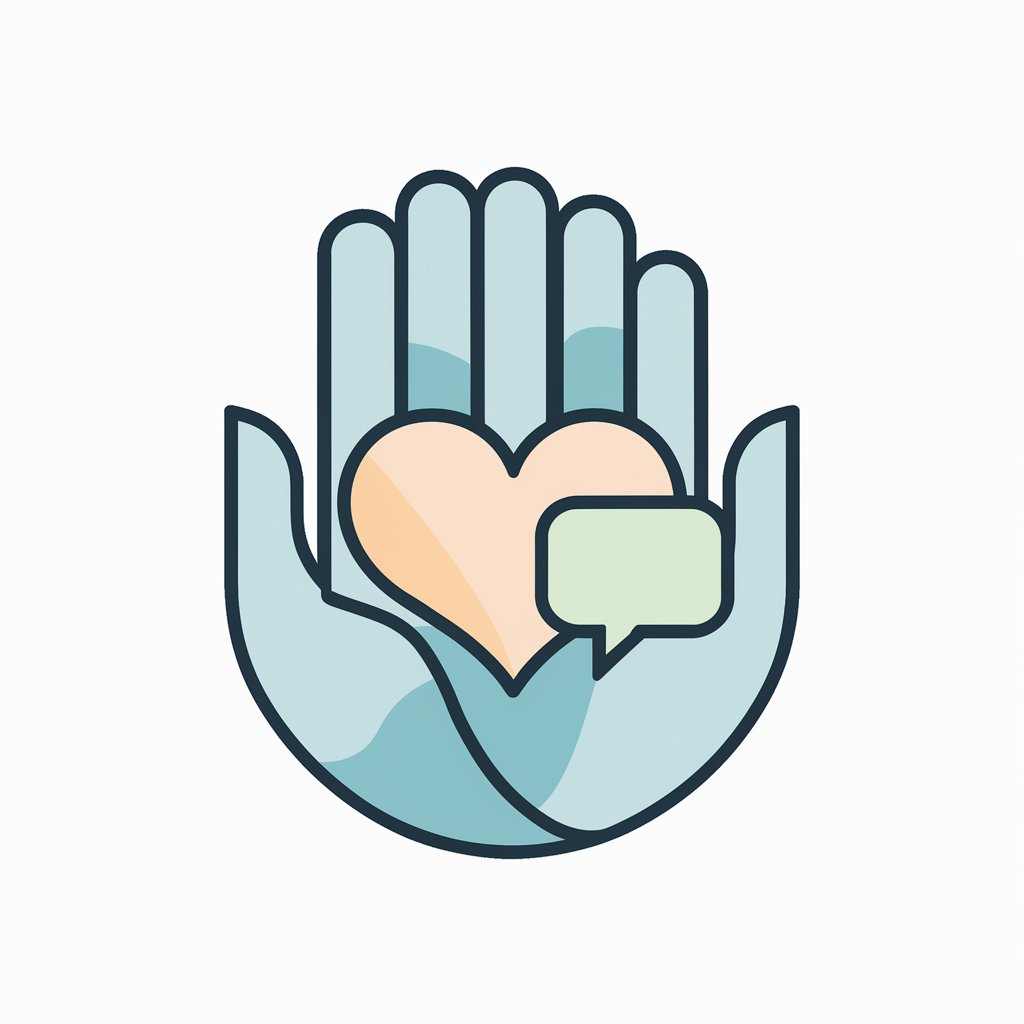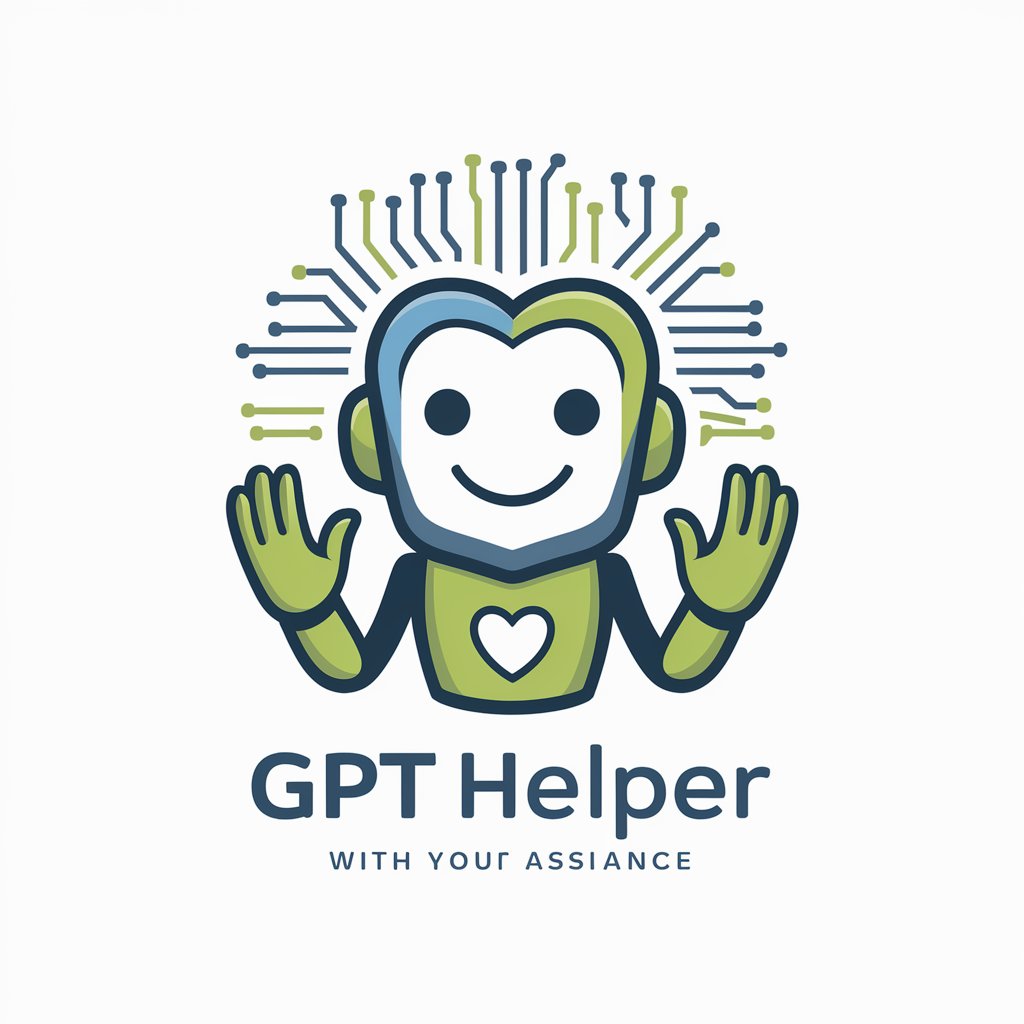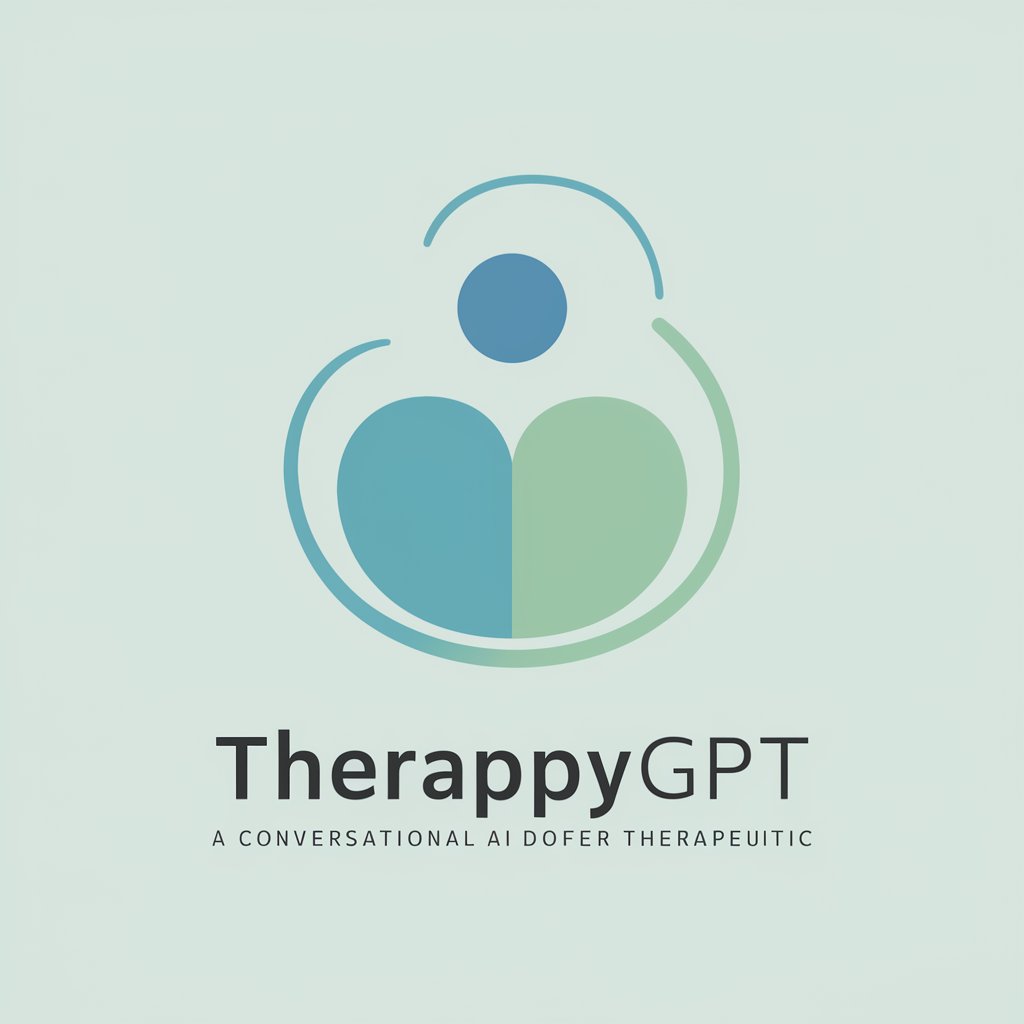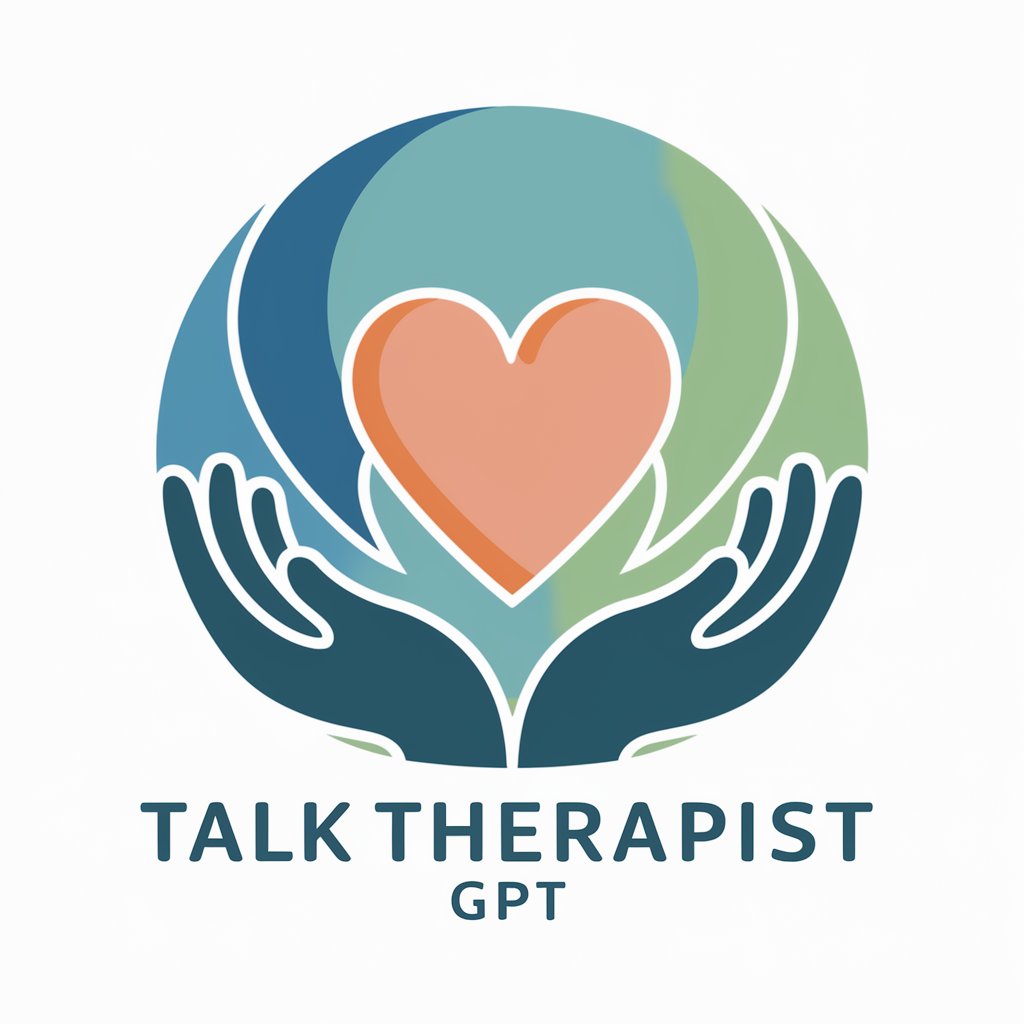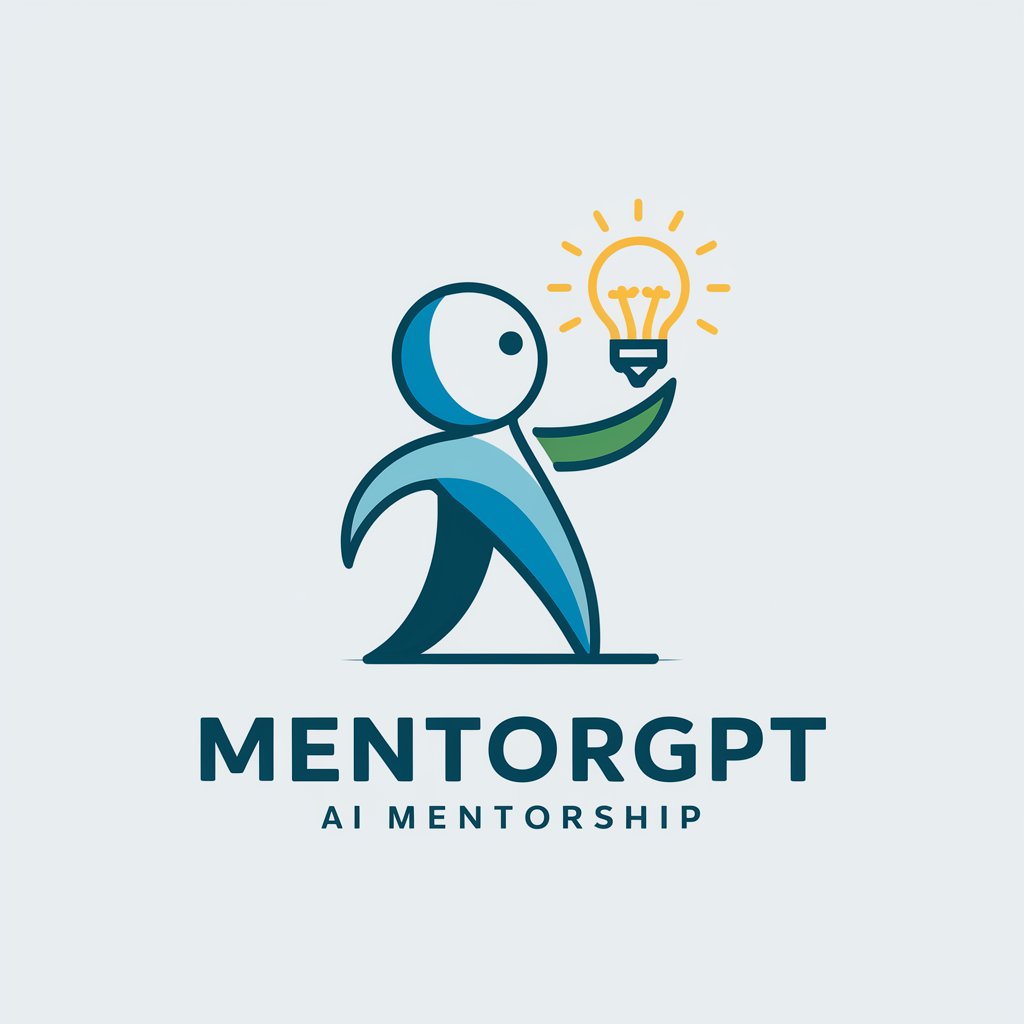
ChatGPT for the Therapist - AI-powered therapy support
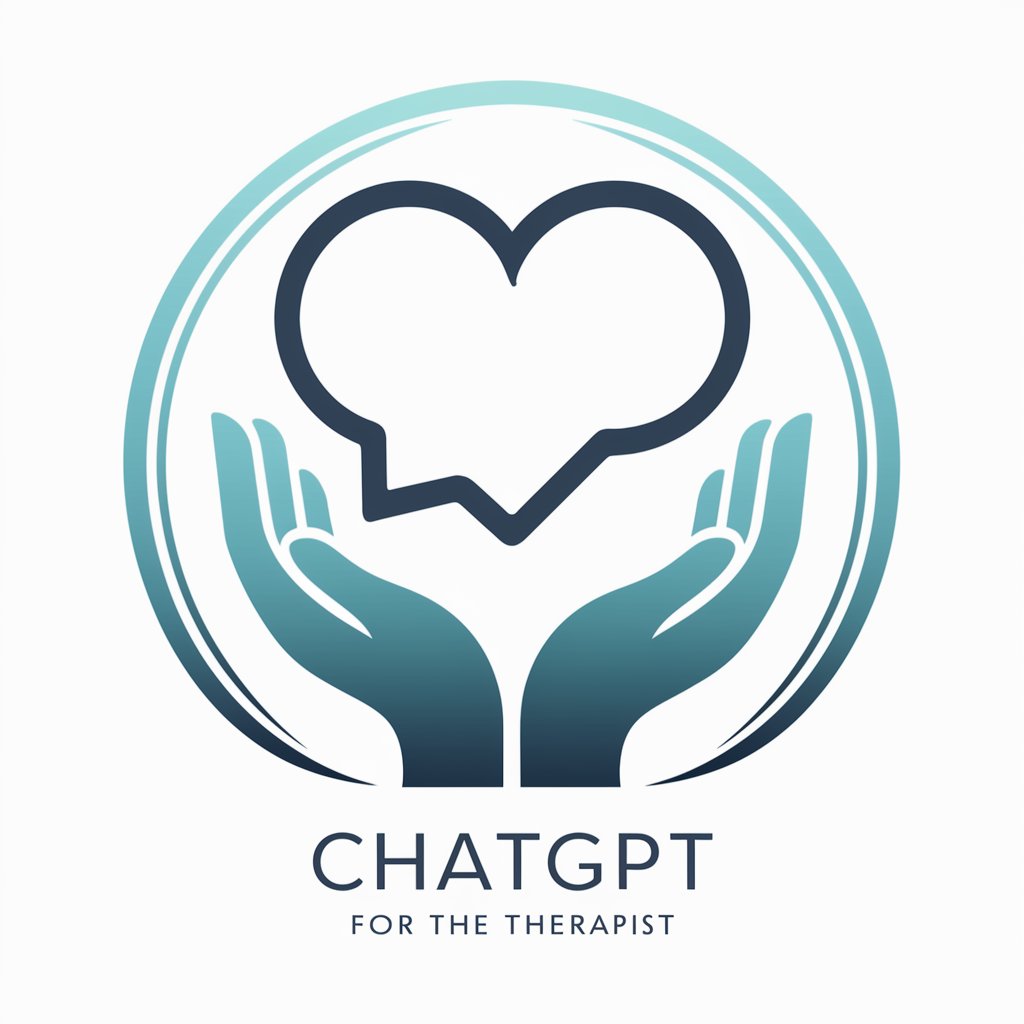
Welcome to ChatGPT for the Therapist.
Empowering Therapists with AI
How can ChatGPT help in enhancing therapeutic practices?
Ways to integrate AI into therapy sessions:
Using ChatGPT to maintain client confidentiality in therapy:
Exploring new therapeutic techniques with the help of AI:
Get Embed Code
Introduction to ChatGPT for the Therapist
ChatGPT for the Therapist is designed to enhance therapeutic practices by integrating advanced AI technology into the realm of therapy and mental health services. Its core purpose is to support therapists, counselors, and mental health professionals by providing a suite of tools and resources that can assist in client management, session planning, therapeutic technique exploration, and professional development. For example, it can generate therapeutic dialogue suggestions, offer insights into various psychological frameworks, and help with the creation of customized therapy plans tailored to individual client needs. Powered by ChatGPT-4o。

Main Functions of ChatGPT for the Therapist
Session Planning Assistance
Example
ChatGPT can help therapists draft session plans by suggesting themes, activities, and questions based on the client's therapeutic goals and history.
Scenario
A therapist preparing for a session with a client who struggles with anxiety could use ChatGPT to generate a list of cognitive-behavioral therapy (CBT) techniques and mindfulness exercises tailored to the client's specific symptoms and treatment history.
Therapeutic Dialogue Suggestions
Example
Provides therapists with phrases or questions to facilitate deeper client engagement or to navigate difficult conversations.
Scenario
During a challenging session where a client becomes defensive or non-communicative, a therapist might use ChatGPT to find gentle and effective ways to re-engage the client and encourage openness.
Professional Development
Example
Offers resources for therapists to learn new therapeutic techniques or deepen their understanding of certain psychological theories.
Scenario
A therapist interested in expanding their knowledge on attachment theory could use ChatGPT to access a curated list of articles, studies, and training workshops related to the topic.
Client Education
Example
Generates easy-to-understand explanations of mental health conditions, treatments, and coping strategies for clients.
Scenario
When a client is diagnosed with PTSD, a therapist could use ChatGPT to create a personalized handout that explains PTSD symptoms, effects, and evidence-based coping mechanisms in a client-friendly language.
Ideal Users of ChatGPT for the Therapist Services
Licensed Therapists and Counselors
Professionals working in private practice, clinics, or hospitals who are seeking innovative ways to enhance therapy sessions, improve client communication, and streamline session preparation. They benefit from using ChatGPT by accessing a wide range of therapeutic resources and suggestions to support their practice.
Psychology Students and Interns
Individuals in the process of obtaining their degrees or completing their internships can use ChatGPT to supplement their learning, practice therapy skills in a simulated environment, and prepare for client sessions under supervision.
Mental Health Advocates and Educators
Those who work in advocacy, education, or support roles within the mental health field can utilize ChatGPT to create educational content, workshops, and presentations aimed at destigmatizing mental health issues and promoting mental wellness.

Using ChatGPT for the Therapist
1. Start with a Free Trial
Visit yeschat.ai to access a free trial of ChatGPT for the Therapist, no login or ChatGPT Plus subscription required.
2. Define Your Goals
Identify the specific therapeutic or professional objectives you aim to achieve using ChatGPT, such as client communication enhancement or therapy session planning.
3. Explore Features
Familiarize yourself with the tool's features, including conversation simulation, therapeutic exercise generation, and client progress tracking functionalities.
4. Integrate into Sessions
Start integrating ChatGPT into your therapy sessions by using it to generate therapeutic dialogue, exercises, or to provide supplementary content for clients.
5. Reflect and Adjust
Regularly evaluate the effectiveness of ChatGPT in your practice, and adjust your usage based on client feedback and therapeutic outcomes.
Try other advanced and practical GPTs
Editor Bot 9000 - rewrite in your own voice
Elevate Your Writing with AI-Powered Insights

BLUF Builder
AI-Powered Precision in Summarization
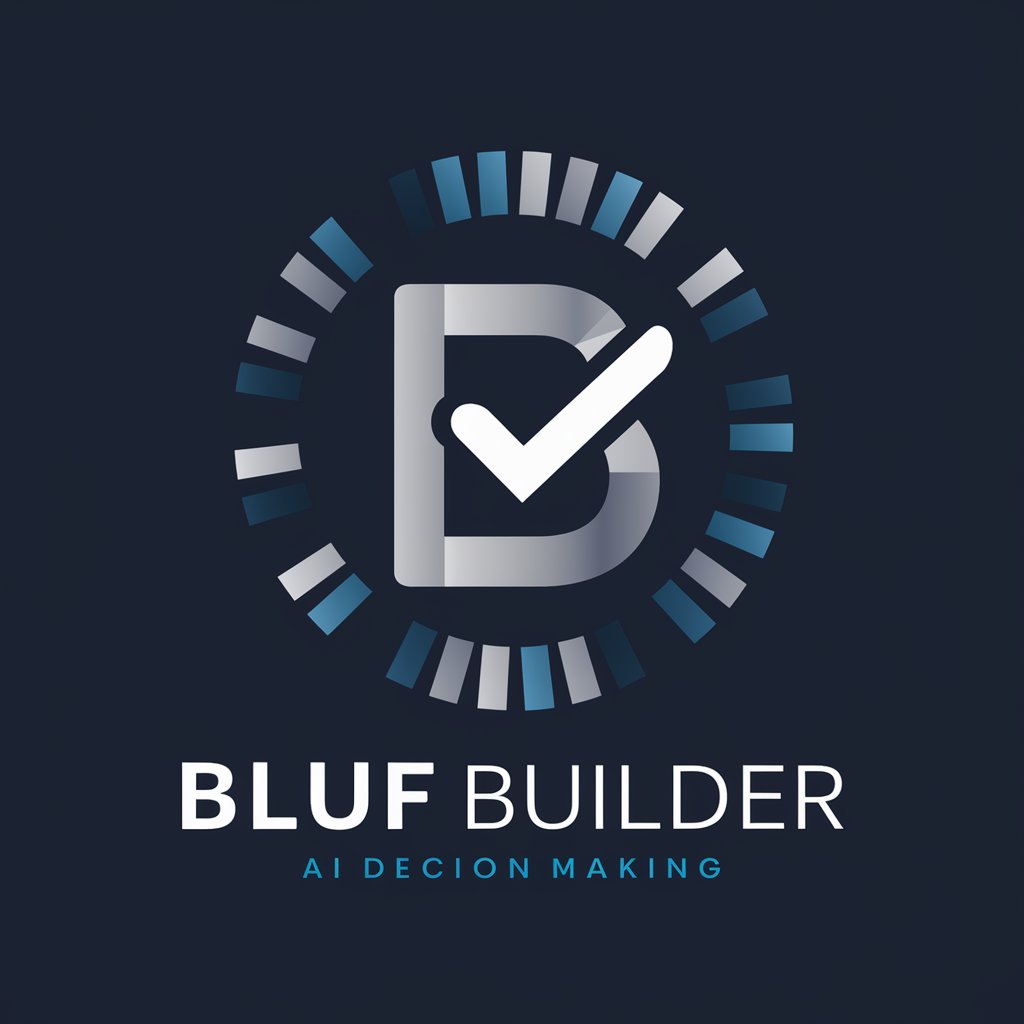
Boys
Nurturing AI for Young Minds
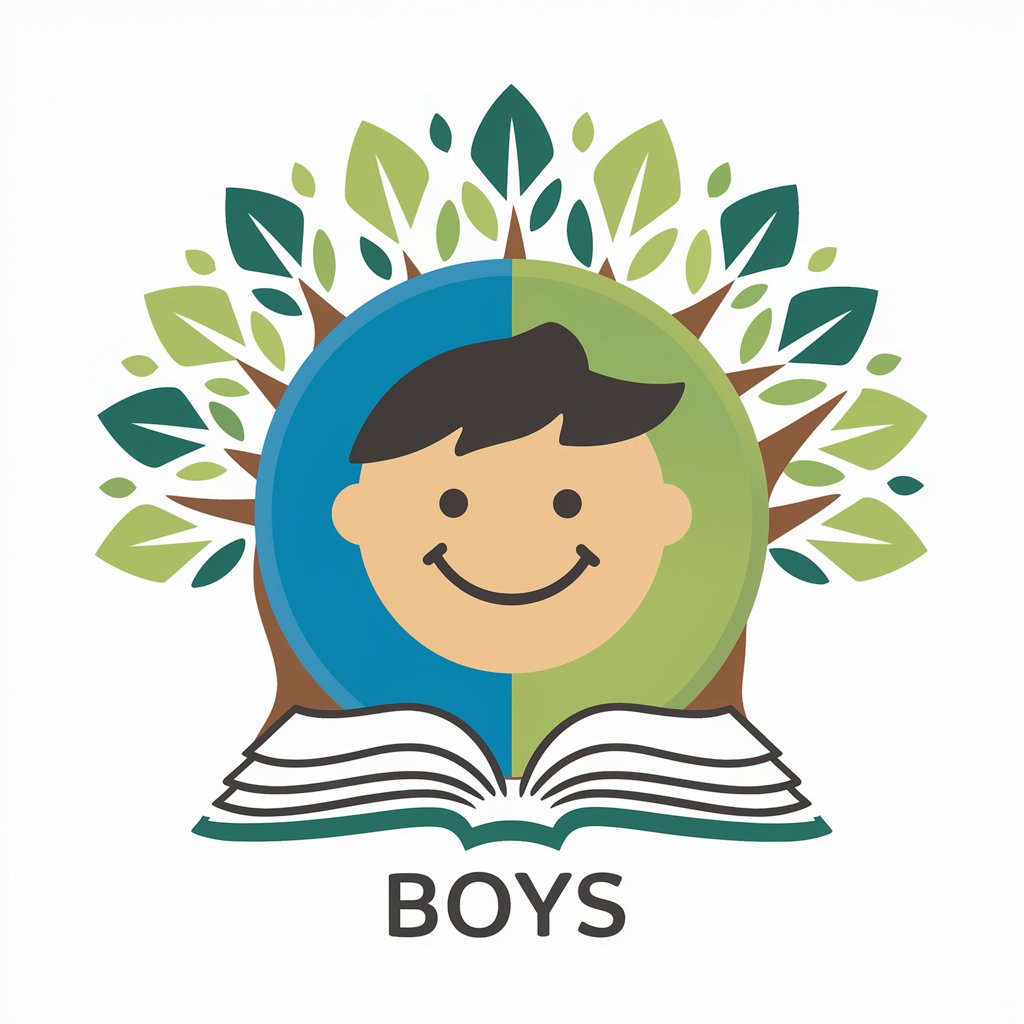
ZodGPT
Automate Your Validation with AI
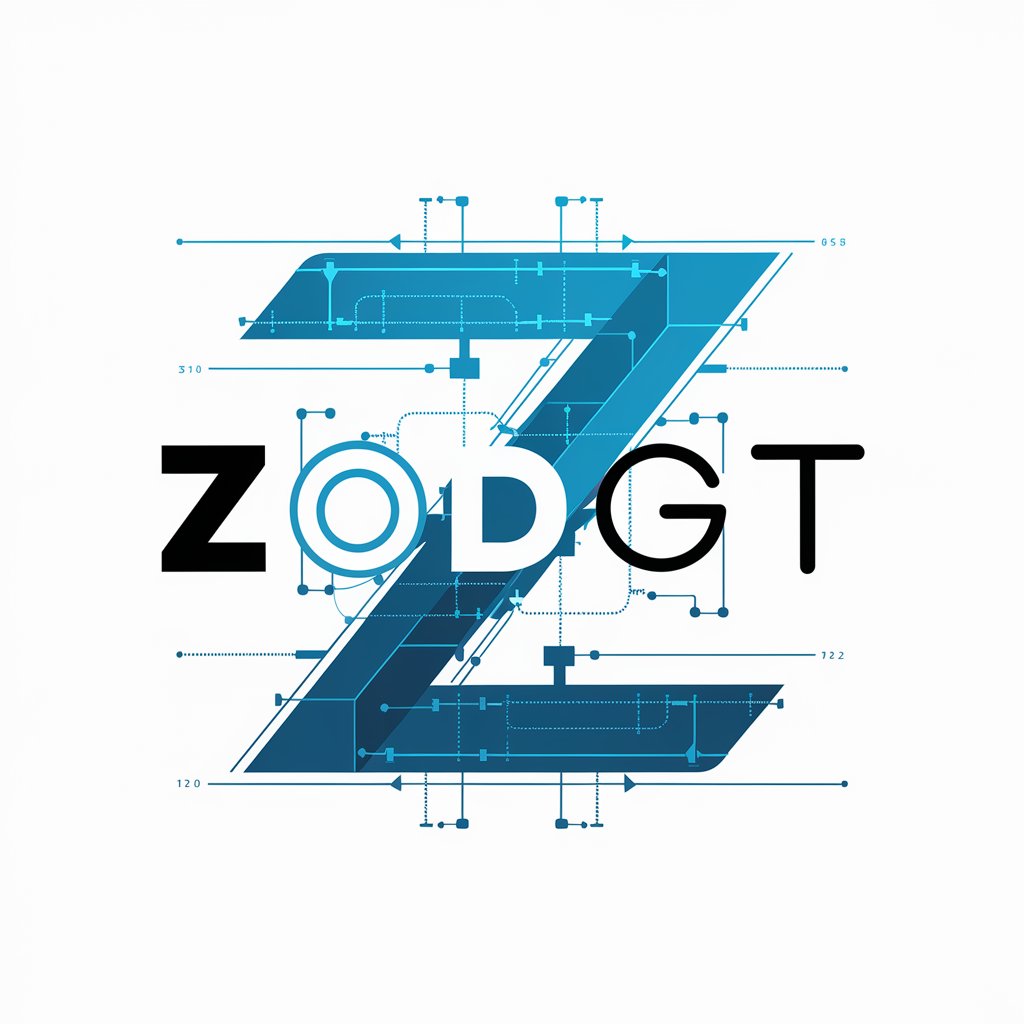
Lingvano: Sign Language - ASL
Master ASL with AI-Powered Guidance
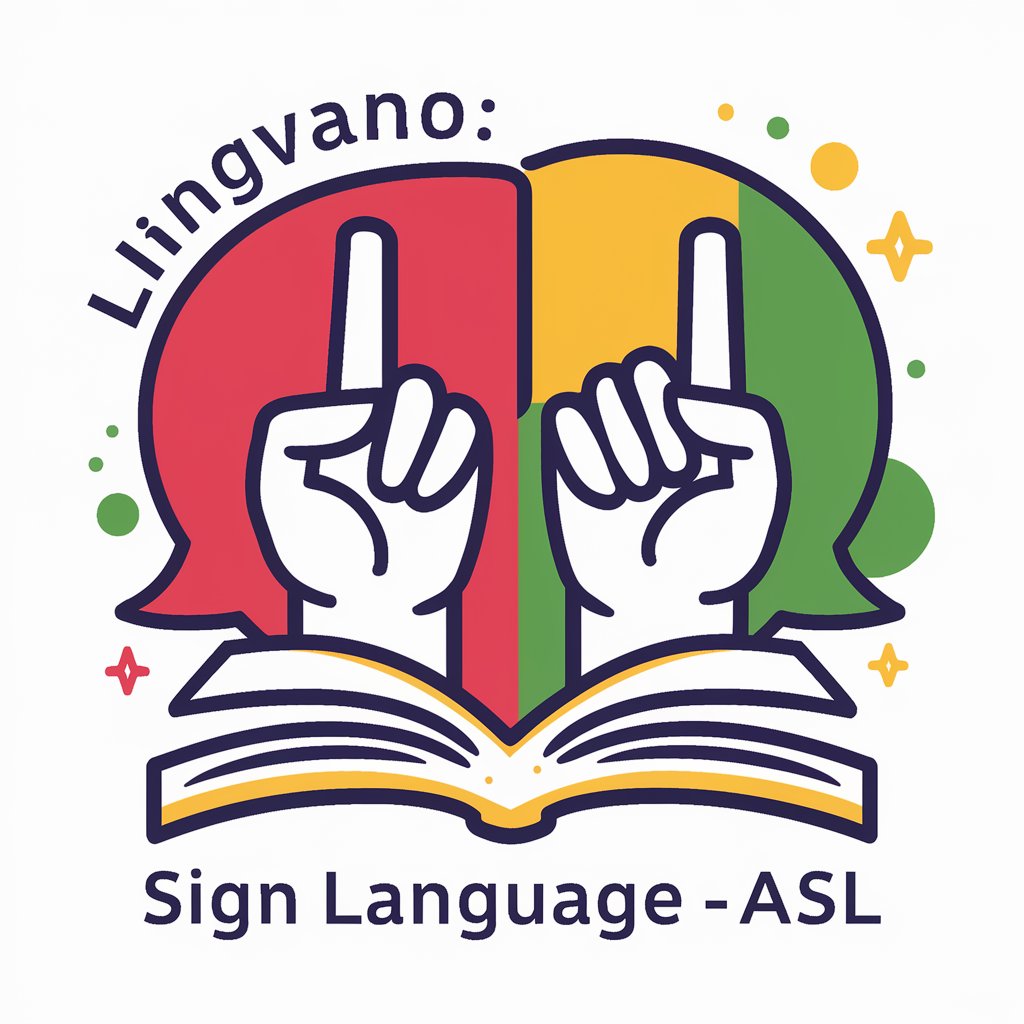
SOS 911 🆘
Instant Guidance in Any Crisis
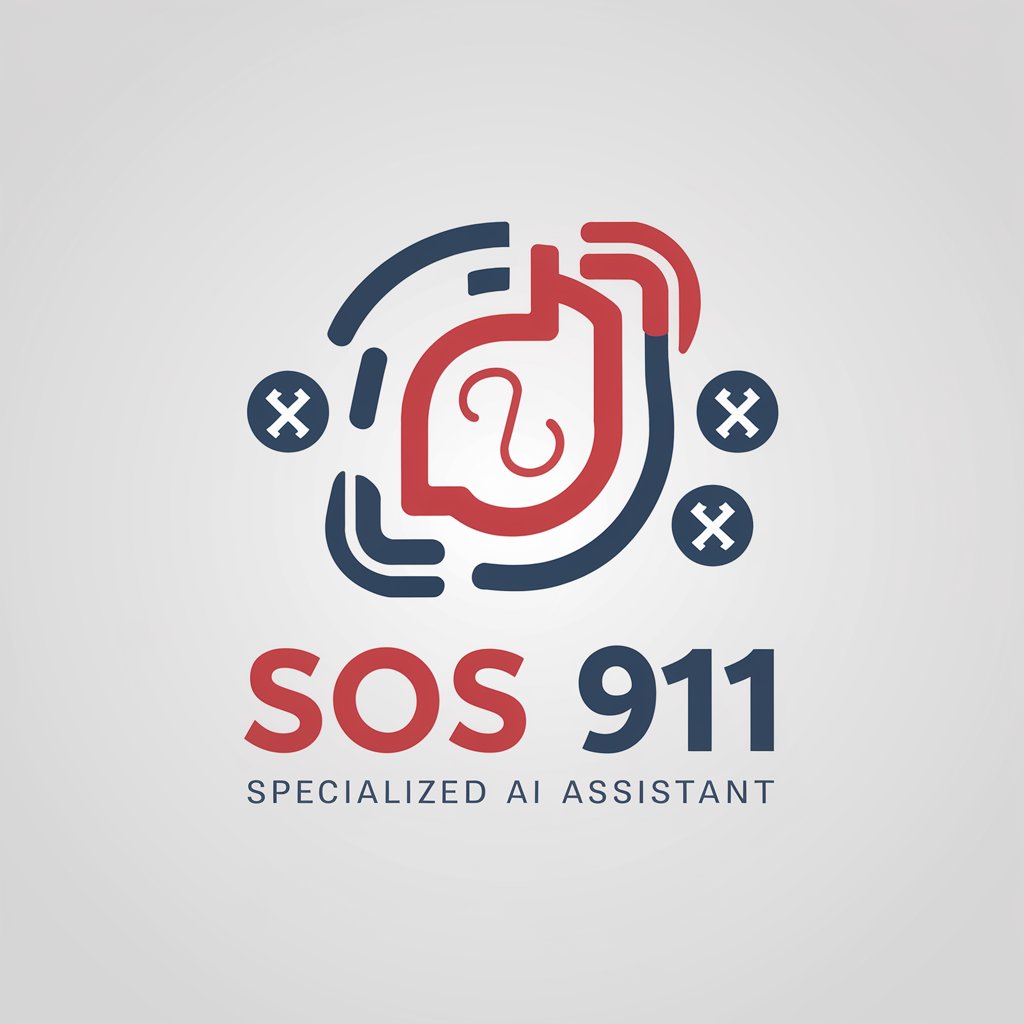
Code Formatter
AI-Powered Python Beautifier
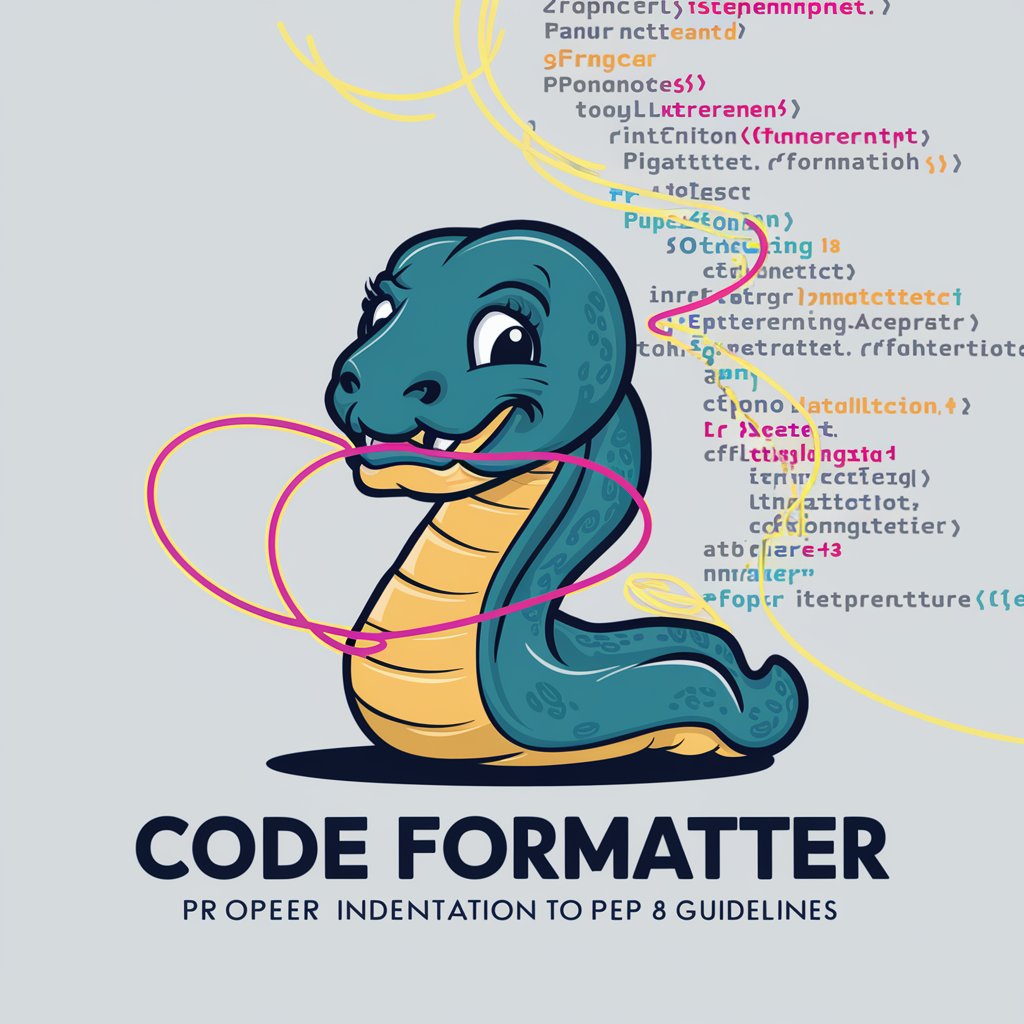
Material and compostions.
Unlocking Material Science with AI
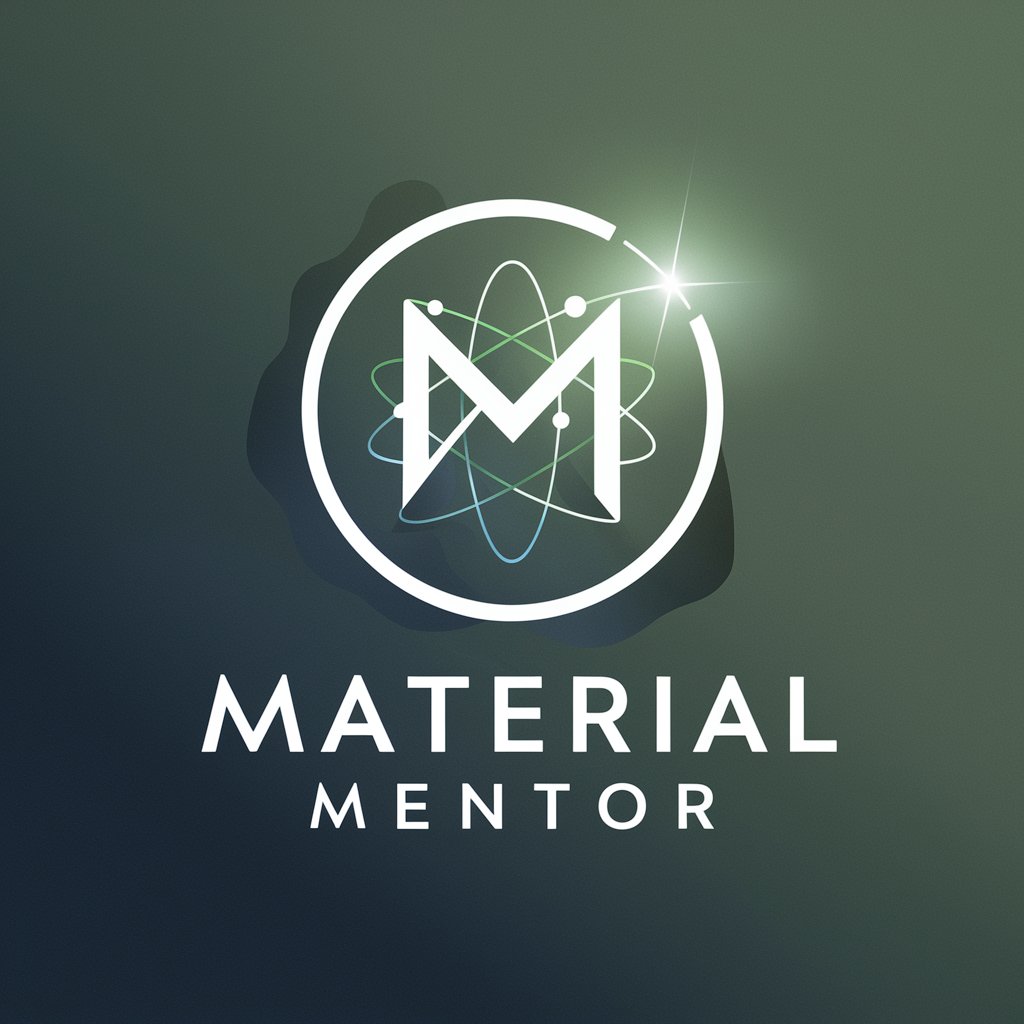
Law of One
Enlighten your path with AI-powered wisdom.

SheGPVC
Elevating Funds with AI Insight

Your College Counselor
Streamlining Your Path to College with AI

Cody
AI-Powered Programming and Architecture Expert
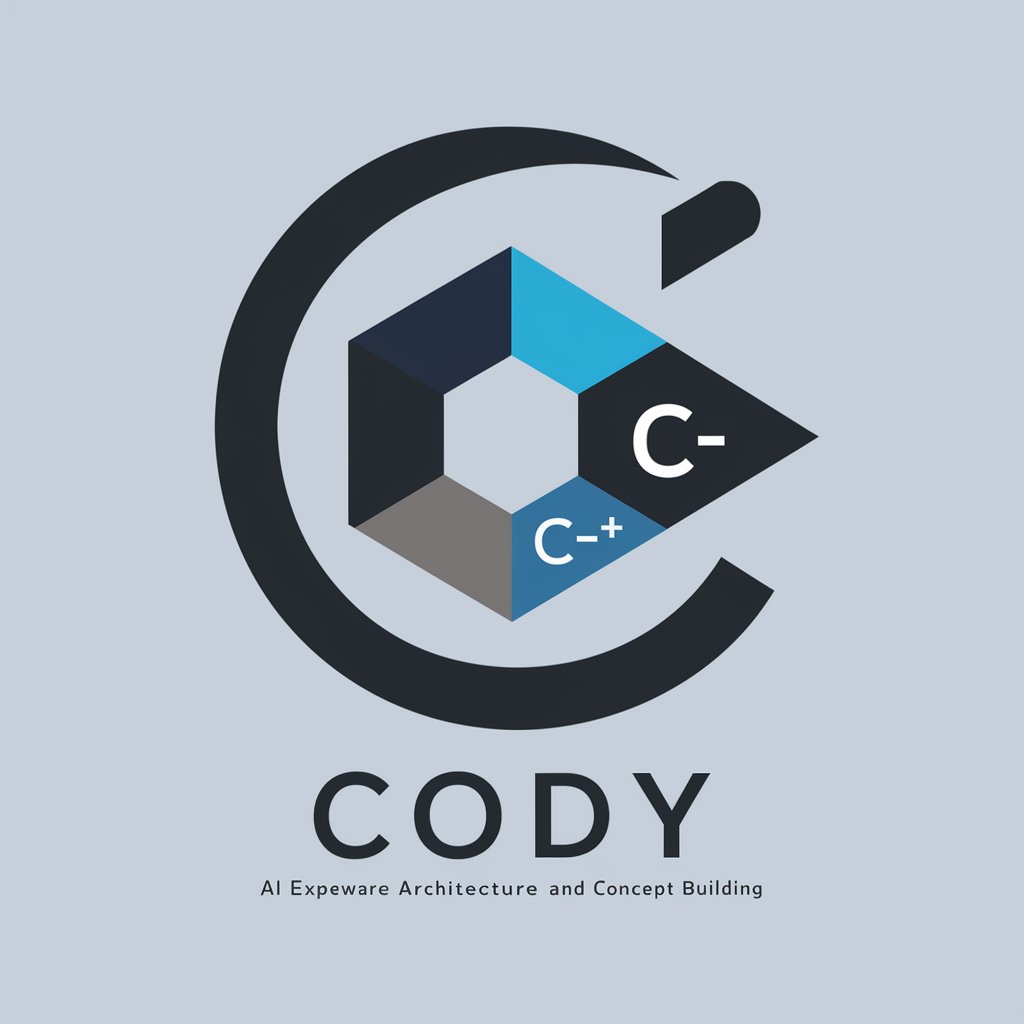
Q&A on ChatGPT for the Therapist
Can ChatGPT maintain client confidentiality?
Yes, ChatGPT for the Therapist is designed with privacy in mind, ensuring that all interactions are encrypted and no client data is stored without consent.
How can ChatGPT assist in therapy sessions?
ChatGPT can provide therapeutic dialogue suggestions, generate custom therapy exercises, offer insights on mental health topics, and help therapists prepare session summaries.
Is ChatGPT a replacement for licensed therapists?
No, ChatGPT is a tool designed to support therapists in their practice, enhancing their work with AI-powered insights and resources, not replacing the need for professional judgment and human interaction.
Can ChatGPT adapt to different therapy approaches?
Yes, ChatGPT is versatile and can generate content and suggestions aligned with various therapeutic modalities, from CBT to psychodynamic therapy.
How does one keep up with updates to ChatGPT for the Therapist?
Regularly check the platform for updates and subscribe to newsletters or follow relevant social media channels to stay informed about new features and best practices.
